Asian shares rose and regional currencies rebounded on Wednesday, lifted by hopes that an upcoming high-level U.S.-China meeting later in the week could ease trade tensions.
Equity markets in Manila and Bangkok advanced over 1.6% each, while shares in Seoul and Jakarta added over 0.5%, respectively.
U.S. President Donald Trump’s remarks that Beijing is eager to strike a trade deal to end the tariff war, signalling a potential summit between the economic power-houses “at the right time,” fuelled market optimism across Asia.
China’s central bank bolstered Chinese markets by slashing bank reserve requirements by 50 basis points-injecting 1 trillion yuan into the economy-while simultaneously cutting seven-day reverse repo rates by 10 basis points to combat slowing growth.
The Chinese yuan traded rangebound, last down 0.1%, while equities in Shanghai climbed 0.4%. Asian currencies have whipsawed dramatically in recent days, with the Taiwan dollar posting a historic 6% two-day surge against the greenback before steadying Wednesday, up 0.2%.
In parallel with the Taiwan dollar’s record move in recent days, the South Korean won on Monday also clocked its biggest two-day rally in 15 years.
The won firmed 1.5% to its strongest level since November 29 on Wednesday, strengthening as much as 1.6% to 1,379 per U.S. dollar, after traders returned from an extended holiday.
Analysts credit speculation around currency appreciation commitments in a potential U.S. trade scenario, though denied firmly by Taiwan’s central bank and president, for the sudden capital influx into Taiwan’s dollar-heavy, unhedged market.
The U.S. dollar index extended its losing streak to a fourth consecutive session, down 0.2% at 99.358. “The trend has been a weaker dollar and that has belatedly come to Asia,” said Moh Siong Sim, currency strategist at Bank of Singapore.
“Investors are increasingly worried about dollar weakness as they start to manage their overweight dollar positions.”
Sim added that “the Asia story will depend on China,” noting it remains “difficult to see room for significant Chinese currency appreciation” given high tariffs.
Meanwhile, India and the United Kingdom successfully concluded a free trade agreement, Prime Minister Narendra Modi said on Tuesday.
The Indian rupee, however, declined 0.2% after military action by India against Pakistan heightened cross-border tensions.
These developments unfold as the U.S. Federal Reserve begins its two-day policy meeting, with Chair Powell expected to maintain rates.
Meanwhile, Malaysia’s central bank is expected to keep interest rates unchanged at its meeting on Thursday. Thai baht pared earlier losses to trade 0.2% lower, while the Malaysian ringgit traded flat, last down 0.1%.
HIGHLIGHTS:
** China, U.S. to hold ice-breaker trade talks in Geneva on Saturday
** Indonesia central bank seeks balance between growth and price stability – Reuters







